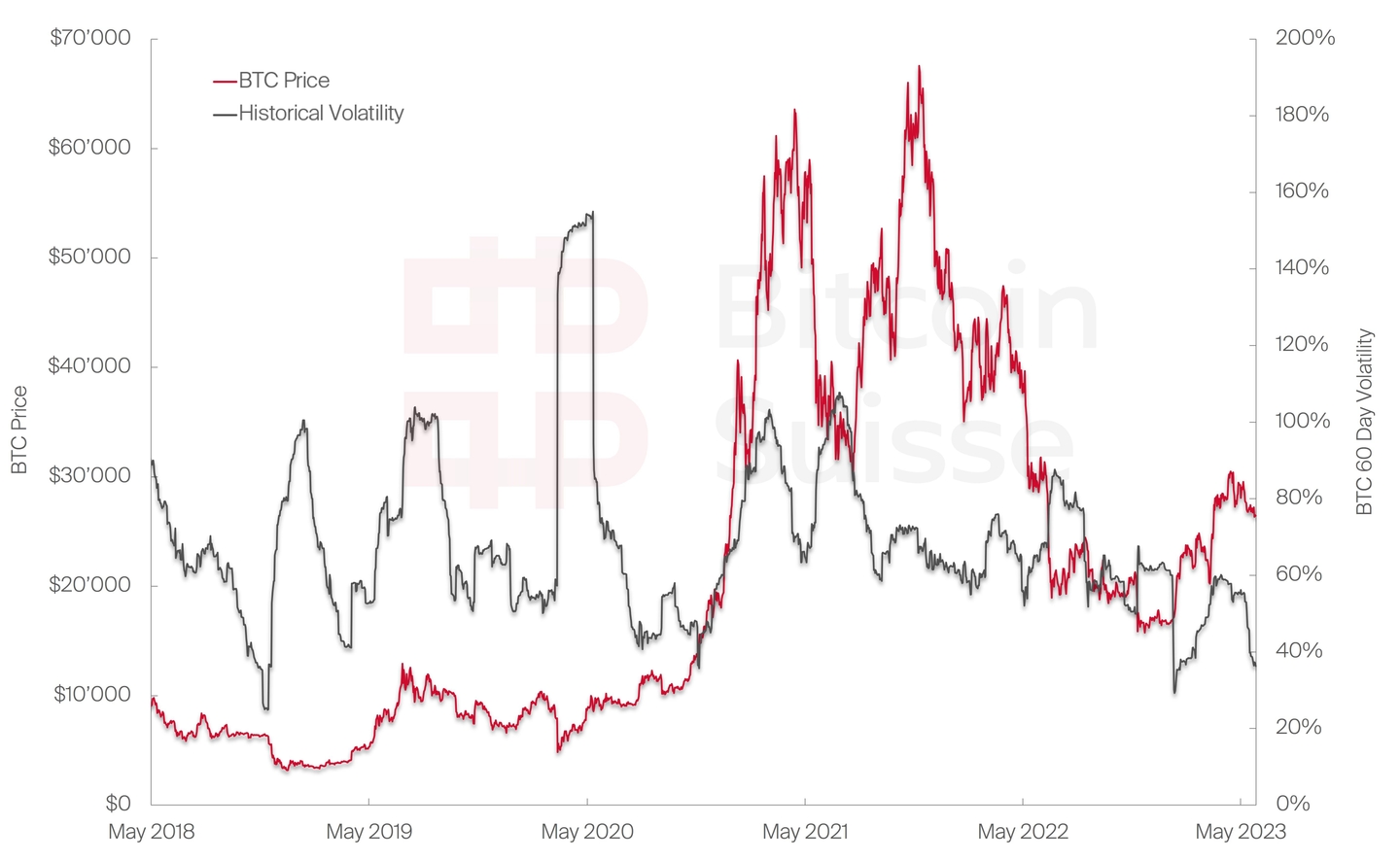
Strike expanding to 65 countries, Binance suspends deposits for bridged tokens, Crypto’s return to China through Hong Kong?

1. Strike expanding Bitcoin payments to 65 countries amidst moving its global headquarters to El Salvador
The Facts:
- Strike, a popular Bitcoin payments app, announced immediate availability of their payment service in 65 countries, marking a substantial increase from its previous coverage of just three countries.
- Furthermore, Strike decided to relocate its global headquarters to El Salvador, the pioneering nation of crypto adoption, which made Bitcoin legal tender, in order to the favorable regulatory environment.
- In another development, Strike also announced its support for Tether’s USDT stablecoin in order to expand its service offering of low-cost, borderless, fast transactions.
Our Take:
- Strike expanding its services to 65 countries is a tremendous step forward in enabling financial accessibility for a large global user base, aiding financial inclusion in especially underserved global economies.
- Strike’s focus on low-cost transactions helps reduce fees associated with traditional cross-border transfers, improving cost-effectiveness for both individuals and businesses, which is why the expansion of serviced countries can be seen as a catalyst for wider adoption of cryptocurrencies as a means of payment generally.
- The broadened list of countries serviced will furthermore bridge the gap between the unbanked and existing global financial systems, allowing more people to participate in the digital economy, also through cryptocurrencies.
- The relocation of Strike’s headquarters to El Salvador supports the ongoing trend of crypto businesses leaving the United States for more crypto-friendly regulatory jurisdictions.
- Though there has been criticism in the past about USDT’s reliability, Strike’s integration of USDT will drive further innovation within the crypto industry and expand the overall utility of various cryptocurrencies.
- Overall, these developments will drive greater demand for crypto assets in the future due to increased utility and adoption, by integrating cryptocurrency and crypto asset related services, which will boost network adoption effects even more.
3 billion
People live in the 65 countries that Strike will offer its crypto related payment services to.
2. Binance suspends deposits for bridged tokens amid Multichain turmoil
The Facts:
- Leading centralized crypto exchange Binance decided to suspend deposits for bridged tokens due to issues surrounding cross chain router protocol Multichain, which enables for crypto assets to be bridged and therefore “transferred” to other native blockchains.
- Multichain encountered a series of issues and challenges, including backend upgrade delays, rumors of potential security vulnerabilities and a lack of communication from the Multichain team.
- Subsequently, many large players in the industry followed the negative sentiment and uncertainty and have withdrawn their funds from the Multichain protocol and divested their funds.
Our Take:
- Multichain’ s recent troubles, including their backend upgrade delays and absent communications, and the resulting suspension of token deposits, have created a challenging environment for its users and investors overall.
- Exact technical details revolving around the issue have not yet been explicitly provided, which fueled the overall disruption and uncertainty.
- Furthermore, transparent and timely communication from Multichain’s teams is crucial to alleviate the concerns and help in rebuilding the currently faded trust in the protocol, but as of writing, the team has not reacted.
- Resolving the troubles and restoring trust in a timely manner is crucial, because Multichain offered impressive scalability solutions, interoperability features and has been a strong player in the crypto industry in the past.
- Successfully resolving the issues allows Multichain to continue its progress in addressing scalability challenges and improving blockchain interoperability, which eliminates existing barriers of different blockchains “working together” and transferring tokens between one another.
- Amidst the challenges faced, Multichain has the potential to rebound stronger by addressing the issues, restoring trust, and driving the growth of the crypto industry, going forward.
3. Crypto’s return to China through Hong Kong?
The Facts:
- Binance CEO CZ recently tweeted that Chinese communities are allegedly “buzzing” after China Central Television broadcasted a segment about cryptocurrencies.
- The segment was about new guidelines for crypto trading platforms, the Hong Kong Securities and Futures Commission (SFC) announced to finalize during May before the SFC will start accepting applications for such licenses on June 1.
- Under the new regulation retail investors will be able to trade crypto assets. However, the choice is currently limited to ten assets: Bitcoin, Ethereum, Litecoin, Polkadot, Bitcoin Cash, Solana, Cardano, Avalanche, Polygon, and Chainlink. Stablecoins, for example, will not be allowed.
Our Take:
- The new regulation has its merits: only allow highly liquid, proven assets to retail investors, even if that limits choice. Keeping stablecoins out makes sense for a regulatory body that does not control the currency that is embodied in most stablecoins, USD - aside other, more profound issues around the global role of the US Dollar in particular and the ambitions of China as member of BRICS to reduce dependency on the still leading global fiat reserve currency.
- This step by Hong Kong’s SFC also has to be seen in the larger context of China’s treatment of Bitcoin and crypto in recent years. In September 2021 China issued – alongside the infamous ban on Bitcoin mining – a blanket ban on all crypto transactions. This regulation is still in force today.
- Given the special relationship between China and Hong Kong, the reopening of Hong Kong’s authorities to crypto by lifting the ban locally is of particular significance as it is safe to assume this step would not happen against the strong dissent of the Chinese government.
- Is this the first step of China warming up to crypto again? While this is too early to say, it is certainly good news for retail investors and for those assets that have been whitelisted. It is safe to expect additional demand coming from Hong Kong over the coming months for these assets.
The only reason these people in Washington don’t like it is because they don’t control it, […] They’re central planners and they want to have control over society and so bitcoin represents a threat to them.
Ron DeSantis, Governor of Florida, in a recent Twitter Space on Bitcoin and CBDCs (via Blockworks)
Plotting BTC 60 Day Volatility reaching historical lows

In other news
- Fahrenheit wins bid for Celsius (via Reuters)
- Paradigm expands towards other technologies including AI (via The Block)
- Visa, Microsoft, Santander and others join Brazilian CBDC pilot (via Cointelegraph)
- TradeBlock, DCG’s institutional services subsidiary, shuts down (via TheBlock)
Our most recent Crypto & Macro edition: “Is the Bottom in? – Version 3.0” analyzes whether the lows for the current crypto cycle have been in.
Discover the Bitcoin Suisse Global Crypto Taxonomy and stay ahead in the game.
Read our latest report, the Investment Navigator, that guides through the most relevant smart contract platforms.
Missing the fundamentals? Read our introduction to “What is Liquid Staking?”